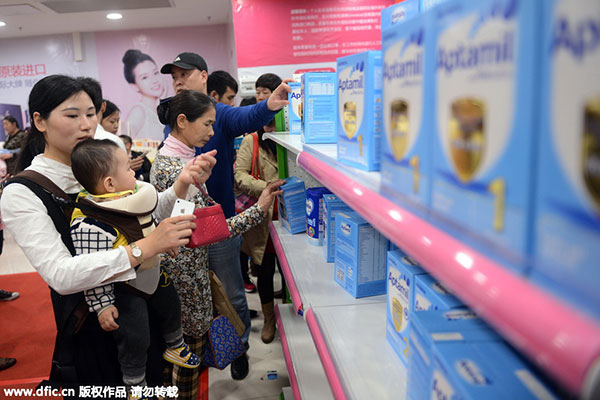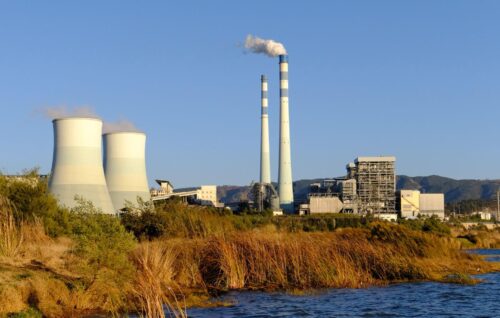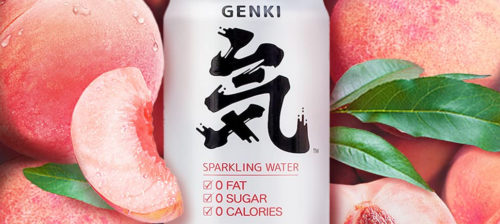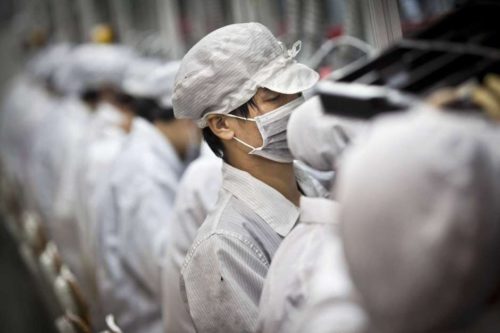China’s continued food and drug quality problems

As Chinese products gain prominence and are integrated into the global supply chain, quality assurances for products from the country have come under new scrutiny.
- The latest controversy was set off when the FDA announced a voluntary recall for valsartan — a generic blood pressure drug manufactured in China — due to concerns that it contained nitrosodimethylamine, a probable carcinogen, the New York Times reports (paywall).
- “It’s becoming very difficult for me to write prescriptions at all. There are so many drugs that are coming in from India and China and companies are buying and selling each other and you don’t know what’s what,” according to Dr. Harry Lever of the Cleveland Clinic.
- In other biomedical news, a Chinese rabies vaccine producer was ordered to halt production after a watchdog organization found evidence of data tampering, according to Caixin (paywall).
- These issues echo the infant milk scandal of 2008, in which over 300,000 babies became sick because their formula was contaminated with melamine, a compound used in plastic and fertilizer production. Many of these children still suffer from medical issues such as kidney stones, undermining Chinese parents’ trust in their domestic supply chain to this day, Quartz reports.
- Amid these uncertainties, Japanese Takeda Pharmaceuticals is looking to “introduce more drugs in China than any other region,” according to Bloomberg (paywall). Given qualms about the domestic market, Chinese patrons are seen as likely to flock to Japanese brands, which they view as being safe and high-quality, as evidenced by the emergence of Princess Kako-branded diapers. Regardless, Chinese patronship will be a boon to the company given that China comprises the world’s second largest pharmaceuticals market.





